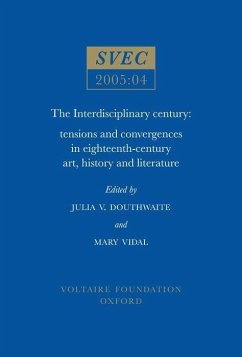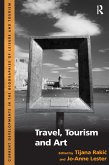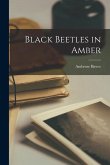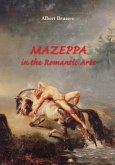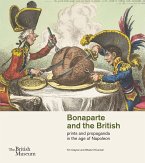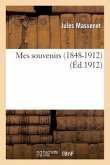Judging by most contemporary accounts, the virtues of cross-disciplinary research, teaching and scholarship are above reproach. Conference organisers announce with pride that 'l'interdisciplinarité a porté ses fruits'; governments and universities sponsor ever-growing numbers of interdisciplinary research teams. Such activity is especially pertinent to eighteenth-century studies. The Republic of Letters inspired scholars, scientists, artists, and writers to engage in spirited, multilingual and long-term correspondence with colleagues throughout Europe. As many contributors to this timely and provocative volume argue, a certain kind of interdisciplinarity is required for any consideration of eighteenth-century topics. But what impact has this enthusiasm for interdisciplinarity had on our understanding of objects, monuments, texts, and events of the past? Born of an intense series of debates, this volume takes on current controversies with unflinching honesty. Contributors address questions of theory and practice. Does interdisciplinary investigation carry any meaningful challenge to the disciplines themselves, or are we merely trading one kind of evidence for another? What institutional constraints work against such research and teaching? Is interdisciplinarity a pressing preoccupation of scholars in France and the UK, as it is in the US? The introduction provides a critical history of interdisciplinarity and outlines the key tensions of university life as experienced by students and scholars in the US, the UK and France. Position papers provide state-of-the-field analyses - some invigorating or even utopian, others darkly brooding. Case studies present examples of contemporary work, showing what might happen when a literary scholar confronts a pornographer's battles, when an art historian takes on an 'undisciplined' object' or, perhaps most intriguing, when a practising attorney evaluates 'legal' approaches to literature.

